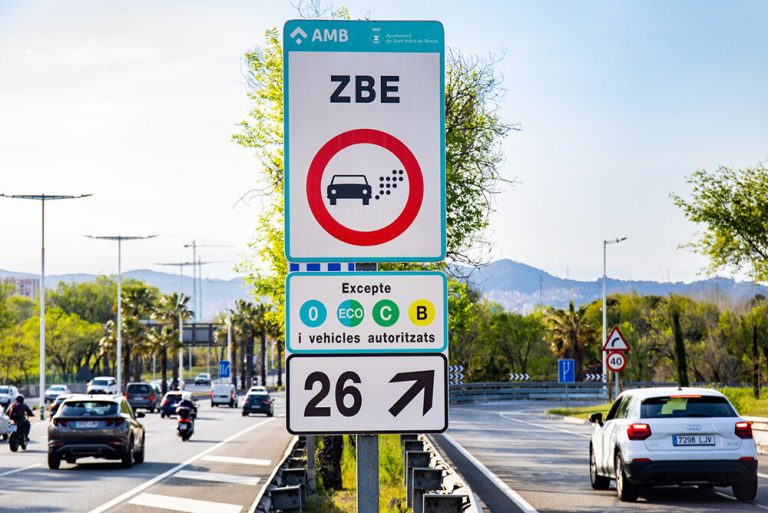The world is experiencing a two-fold transformation process: a fast-paced urban development revolution and an accelerating smart city evolution. The race to making cities smart is a global trend.
The concept of smart city evokes the image of ICT-infused infrastructures that enable the extensive monitoring and steering of city maintenance, urban mobility, air quality, waste management, energy utilization, community behavior and movements.
The fusion of social structures and technological infrastructures, well-knit and well-embedded in the social system gives the city an atmosphere of an integrated whole: humans interconnected to their smart phones and gadgets, homes and public offices in full connectivity to the “Internet of Things” and city infrastructures integrated to AI-powered mechanisms.
Data-driven cities, if not properly managed, can be a double-edged sword.
No doubt making cities smart through data-driven technology makes life convenient and efficient and enhances public safety, risk and disaster management.
However, while the astounding advancement in information technology brought about unprecedented social and economic opportunities for people in the cities, it does pose challenges to security and privacy.
While there are claims that big data will help cities become greener, cleaner, richer and more efficient. Some argue that data-driven cities clash with the fundamental rights to privacy of city dwellers.
Privacy and the “politics of data”
Privacy is regarded as a primary regulatory, policy and legislative challenge of the 21st century.
Accordingly, the use of artificial intelligence and big data analytics make city planning “datafied” and a step further to making smart city the city of now and thereafter.
Technology driven facilities such as driverless cars, CCTV cameras, air quality monitors and soon enough garbage robot collectors simultaneously collect enormous amount of data in the name of urban policy and urban planning.
When politics inter-meshes with data collection issues, it becomes a messy thing for some people and troublesome for others.
The politics of “city data” basically concerns issues such as what data can be collected, who has the legitimate access to these data, and which data can be opened up for public consumption and what policy on privacy framework is in place to govern the data gathered.
Social trust is an important component of data collection.
The EU Barometer data of 2011 reveal that across Europe, people trust medical organizations and banks the most when it comes to their most sensitive data.
On the flip side, telecom and internet companies, including social media and search engines occupy the lowest end of the spectrum. Deemed as least trusted, these institutions are sometimes even perceived as a threat to privacy.
The government plays a vital role in the collection of public data.
But do citizens trust their government?
Interestingly, opinion polls consistently disclose that people tend to trust their local government much more than their national ones.
In the US, 72% trust their local government as against 24% in national government. The same can be argued in the case of the UK: 79% in local government versus 11% in national government.
Taming the sphinx of privacy
Inasmuch as data-driven cities are inevitable of the future of our cities, it becomes increasingly important to resolve the Sphinx of privacy vis-à-vis progress.
One way to do that is to tame the issue of privacy. Transparency and open data are important implements to the democratic toolbox in this attempt to address the issue of privacy.
Collaborative planning is an indispensable to the success of any policy. To address the issue of privacy risks, some IT experts suggest the use of transparency-enhancing technologies, privacy-enhancing technologies and cloud computing.
Experts urge governments to integrate a wider group of city citizens through the use of citizen participation, crowd-sourcing, co-creation and living labs, and other citizen-centered approaches.
For now, there is no better option to confronting this privacy challenges than putting the citizens back at the center of urban debate.
Sources: EU Barometer, Telegraph, Science Direct, The Guardian
Photo: greenfields-smartcitiescities.com, freebalance.com






